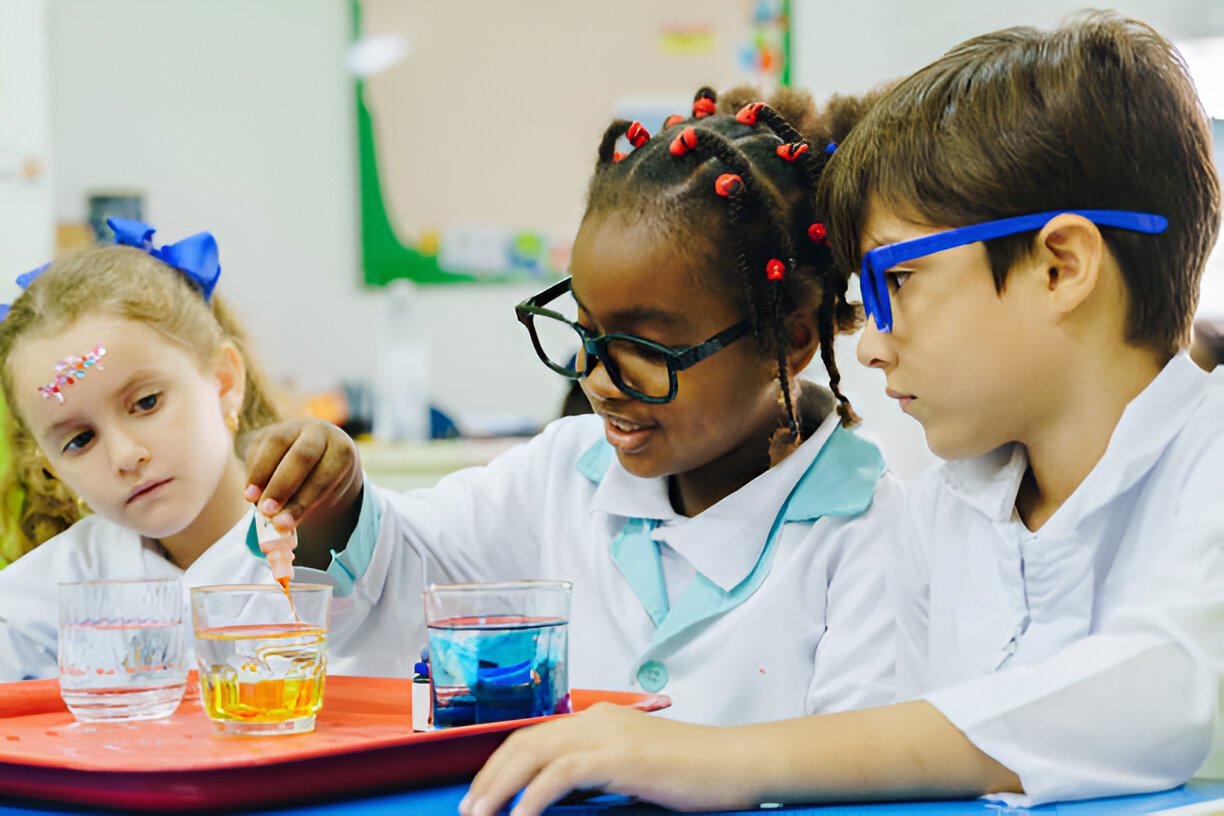Science is one of the most engaging subjects for young learners. When students get the chance to explore it beyond textbooks, their curiosity grows. In Singapore, many primary schools now include science workshops to make learning interactive and enjoyable. These workshops allow children to experiment, ask questions, and understand concepts in real-world settings.
What Are Science Workshops for Primary Schools?
A Practical Learning Approach
Science workshops for Primary schools structured sessions designed to give students direct experiences with scientific concepts. Instead of relying only on classroom teaching, children use tools, materials, and experiments to learn. This approach helps them understand how science works in everyday life.
Focus on Young Learners
For primary school students, workshops are tailored to their age. Activities are simple, safe, and hands-on. These workshops focus on building curiosity, creativity, and teamwork while reinforcing classroom lessons.
Why Hands-On Learning Is Important
Enhances Understanding of Concepts
Children learn best when they can see and touch what they are studying. A hands-on workshop allows them to test ideas, see results, and make connections. For example, learning about magnetism becomes more exciting when they use magnets to explore forces.
Encourages Critical Thinking
When students experiment, they do not just follow instructions. They observe, compare, and question results. This builds problem-solving skills and encourages them to think beyond the textbook.
Builds Confidence in Science
Some children find science difficult. Workshops make it less intimidating by showing them that experiments can be fun and manageable. Once they succeed in simple activities, their confidence improves.
Benefits of Science Workshops for Primary School Students in Singapore
Aligns With the National Curriculum
Science education in Singapore emphasizes inquiry and exploration. Workshops support this by giving children opportunities to practice what they learn in class. Teachers often use these sessions to reinforce core topics in a practical way.
Supports Different Learning Styles
Not every child learns the same way. Some understand better through visuals, while others prefer hands-on activities. Science workshops combine both, making lessons inclusive for all types of learners.
Develops Teamwork and Communication Skills
Many activities in workshops are group-based. Students must work together, share tasks, and discuss results. This develops cooperation and communication, skills that go beyond science learning.
Inspires Interest in STEM Fields
Workshops introduce students to different areas of science, such as biology, chemistry, and physics. By sparking early interest, they may encourage future studies in science, technology, engineering, and mathematics.
Examples of Hands-On Science Activities
Simple Experiments
Children might explore how plants grow by planting seeds and observing changes over time. Other examples include making a simple circuit or testing buoyancy with everyday objects.
Interactive Demonstrations
Facilitators often show exciting science concepts in action. For example, using dry ice to demonstrate changes in states of matter captures attention while teaching important lessons.
Creative Projects
Some workshops encourage students to design and build small models. Activities like making a simple water filter or constructing a bridge with basic materials allow creativity and problem-solving.
How Science Workshops Help Teachers
Reinforces Classroom Teaching
Teachers often find it challenging to explain abstract concepts. Workshops provide visual and practical demonstrations that strengthen students’ understanding.
Saves Time for Practical Learning
Schools may not always have time to conduct experiments during regular lessons. Workshops provide a focused space where practical learning takes center stage.
Encourages Student Participation
In traditional classrooms, some children remain passive. Workshops engage every student, ensuring that all have an active role in the learning process.
Long-Term Impact on Students
Improves Retention of Knowledge
Children remember experiences better than lectures. A hands-on activity creates lasting memories, which improves knowledge retention.
Builds Lifelong Curiosity
Workshops show that science is not limited to exams. Instead, it is something students can explore in daily life. This curiosity often continues as they grow older.
Prepares for Future Education
Students who experience workshops in primary school are more prepared for advanced studies. They enter secondary school with better problem-solving skills and scientific thinking.
The Role of Science Workshops in Singapore’s Education System
Supporting Inquiry-Based Learning
Singapore’s education model values curiosity and questioning. Science workshops match this by promoting exploration instead of rote memorization.
Encouraging Equal Opportunities
Workshops are often designed to include all students, regardless of academic performance. Every child gets the chance to explore, experiment, and succeed.
Strengthening the Connection Between School and Real Life
Workshops demonstrate how science applies to everyday activities, from cooking to building. This real-world link makes learning meaningful and practical.
Tips for Making Science Workshops Effective
Keep Activities Age-Appropriate
Workshops should match the level of primary school students. Simple experiments that are safe and fun work best.
Encourage Questions and Exploration
Children should feel free to ask questions and test their own ideas. This keeps them engaged and motivated.
Connect Activities With Classroom Lessons
Linking experiments to topics already covered in class helps students see the value of both types of learning.
Include Reflection Sessions
After activities, students should share what they learned. This reinforces understanding and allows them to learn from peers.
Conclusion
Science workshops for primary schools in Singapore offer many benefits. They enhance understanding, build confidence, and inspire curiosity. These workshops support the national curriculum while also preparing students for future studies in science. Most importantly, they show children that science is not just about memorizing facts but about exploring the world around them. By giving primary school students hands-on experiences, workshops create a strong foundation for lifelong learning and discovery
